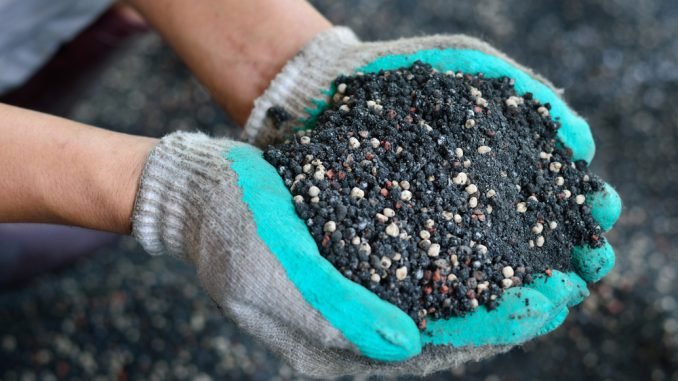
Speaking with BNS Lithuania, Agrokoncernas director Edgaras Šakys confirmed that fertilizers will no longer be purchased from Minudobreniya as long as it belongs to Rotenberg.
“I believe that if these relations will be viewed this way, so we will no longer buy from them. If the situation changes, we will purchase,” the businessman says.
His comment came in response to report by the Lithuanian public broadcaster LRT on Thursday, stating that Agrokoncernas imports fertilizers from Minudobreniya via an intermediary in Dubai, although the company does not disclose which country it imports them from.
“We often act as intermediaries ourselves, we buy, find a buyer and sell. The purchase and sale might take place before a state border or afterwards. In this case we bought on the Lithuanian border. Where did it come from I cannot say right now but I can definitely stress that we ourselves imported it into the European Union,” Šakys said.
Rotenberg owns over 80 percent of the Russian company and has been subject to international sanctions since 2014 due to his close ties with Russian President Vladimir Putin, although Minudobreniya itself is not on the sanction list.
The existing sanctions against natural persons ban them from coming to the EU and their assets are frozen. But there’s no ban to work with their businesses directly, unless specific companies are put on the sanction list.
Earlier in the day, Lithuania’s Ministry of Foreign Affairs recommended Lithuanian companies to refrain from business deals with Russians subject to sanctions over the events in Ukraine.
Šakys says he was aware of the fact that the Dubai-registered company buys fertilizers from Minudobreniya but he was not aware of the latter’s owners.
“We know about the quality based on the producer. We can have the same fertilizer name and the composition of the product from several producers might be identical, but the quality might be different,” the Agrokoncernas representative said.
He called on Lithuanian institution to create an information system for businesses so that they knew with persons or companies they are recommended not to have business relations with.
According to Šakys, Agrokoncernas does not have specific staff to monitor owners of partner companies. “We need some institution that issues a list where you can access and see that you should better not have any business with this and better do it with that,” the businessman said.
In his words, the latest contract on the purchase of fertilizers from Minudobreniya was signed last year and executed at the turn of 2017-2018, and its value stood at around 1 percent of Agrokoncertas’ annual turnover.
The Lithuanian group says the fertilizers bought from Russia have made almost a fifth of the total amount this year.
Lithuania’s State Security Department said earlier that “business ties with Russia increase the risk to get into the traps of hostile intelligence services.”

Be the first to comment